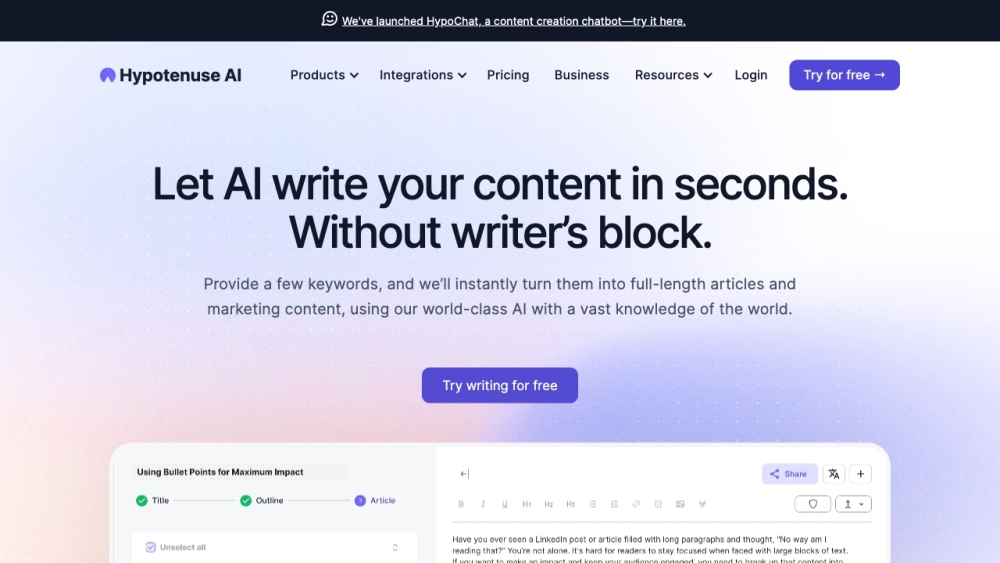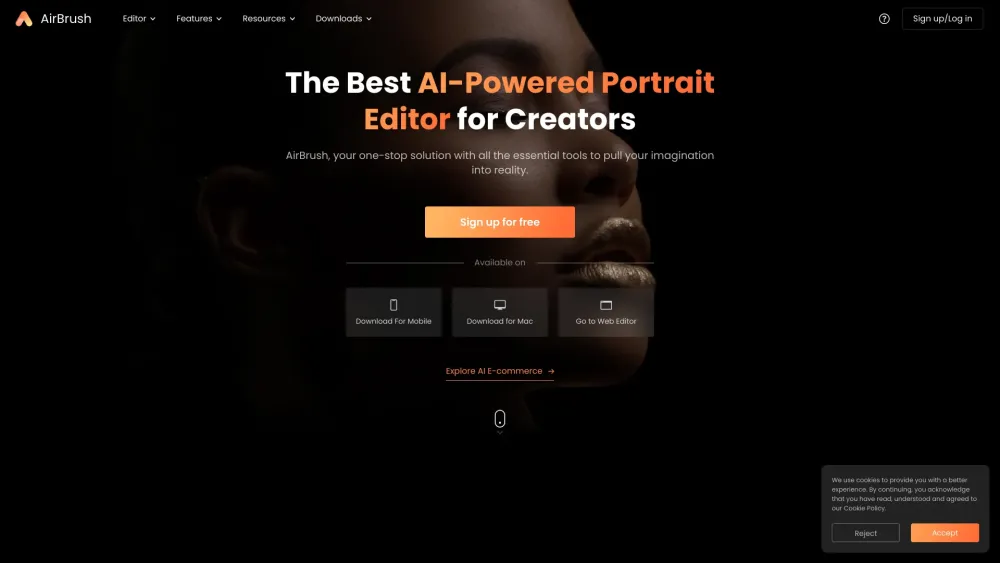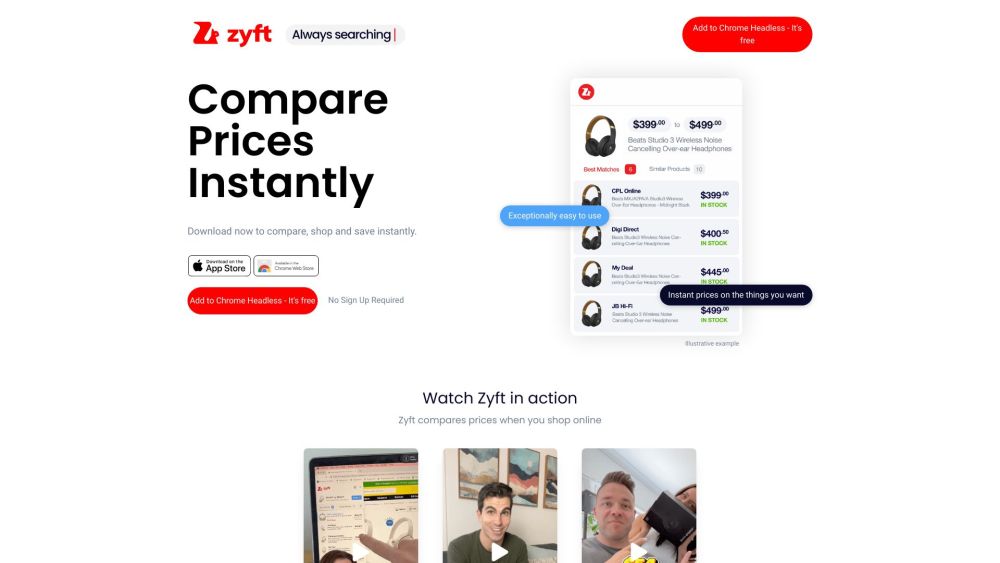On Monday, the U.S. Commerce Department released a report advocating for "open-weight" generative AI models, such as Meta’s Llama 3.1. The report emphasizes the need for the government to establish “new capabilities” to monitor these models for any potential risks.
Prepared by the Commerce Department's National Telecommunications and Information Administration (NTIA), the report highlights that open-weight models make generative AI more accessible to small businesses, researchers, nonprofits, and individual developers. Therefore, it advises against imposing restrictions on access to these open models—at least until a thorough investigation determines whether such restrictions could negatively impact the market.
This perspective aligns with the sentiments expressed by FTC Chair Lina Khan, who asserts that open models allow more small innovators to introduce ideas to the market, thus fostering healthy competition. “The openness of the largest and most powerful AI systems will significantly influence competition, innovation, and risks associated with these groundbreaking tools,” stated Alan Davidson, Assistant Secretary of Commerce for Communications and Information and NTIA Administrator. He noted that the report underscores the value of open AI systems while calling for enhanced risk monitoring related to the broad accessibility of model weights for major AI systems. “The government has a crucial role in promoting AI development while building the capacity to identify and address emerging risks.”
This report arrives at a pivotal moment as regulators, both nationally and internationally, are considering rules that could impose new requirements on companies releasing open-weight models. In California, lawmakers are nearing the passage of bill SB 1047, which would require any company training a model using over 1026 FLOP of compute power to strengthen its cybersecurity and implement a mechanism to “shut down” unauthorized copies of the model. Meanwhile, the EU has finalized compliance deadlines for firms under its AI Act, which introduces new stipulations regarding copyright, transparency, and AI applications.
Meta has indicated that the EU's AI regulations may hinder its ability to release some open models in the future. Additionally, various startups and major tech firms have voiced opposition to California's proposed legislation, arguing that it imposes excessive burdens.
However, the NTIA's model governance philosophy is not entirely hands-off. The report calls for the government to initiate an ongoing program to gather data on the risks and benefits associated with open models, analyze this data, and take action based on the findings, which could include implementing specific restrictions on model availability when necessary. The report specifically suggests that the government investigates the safety of various AI models, supports risk mitigation research, and develops thresholds for "risk-specific" indicators that would signal the need for policy changes.
These recommendations align with President Joe Biden’s executive order on AI, as noted by Gina Raimondo, U.S. Secretary of Commerce. This order emphasizes the need for government agencies and businesses to establish new standards for the development, deployment, and utilization of AI technologies.
“The Biden-Harris Administration is committed to harnessing the full potential of AI while mitigating its associated risks,” Raimondo stated in a press release. “Today’s report offers a strategic plan for responsible AI advancement and underscores American leadership by promoting openness and outlining how the U.S. government can adapt to potential challenges.”




